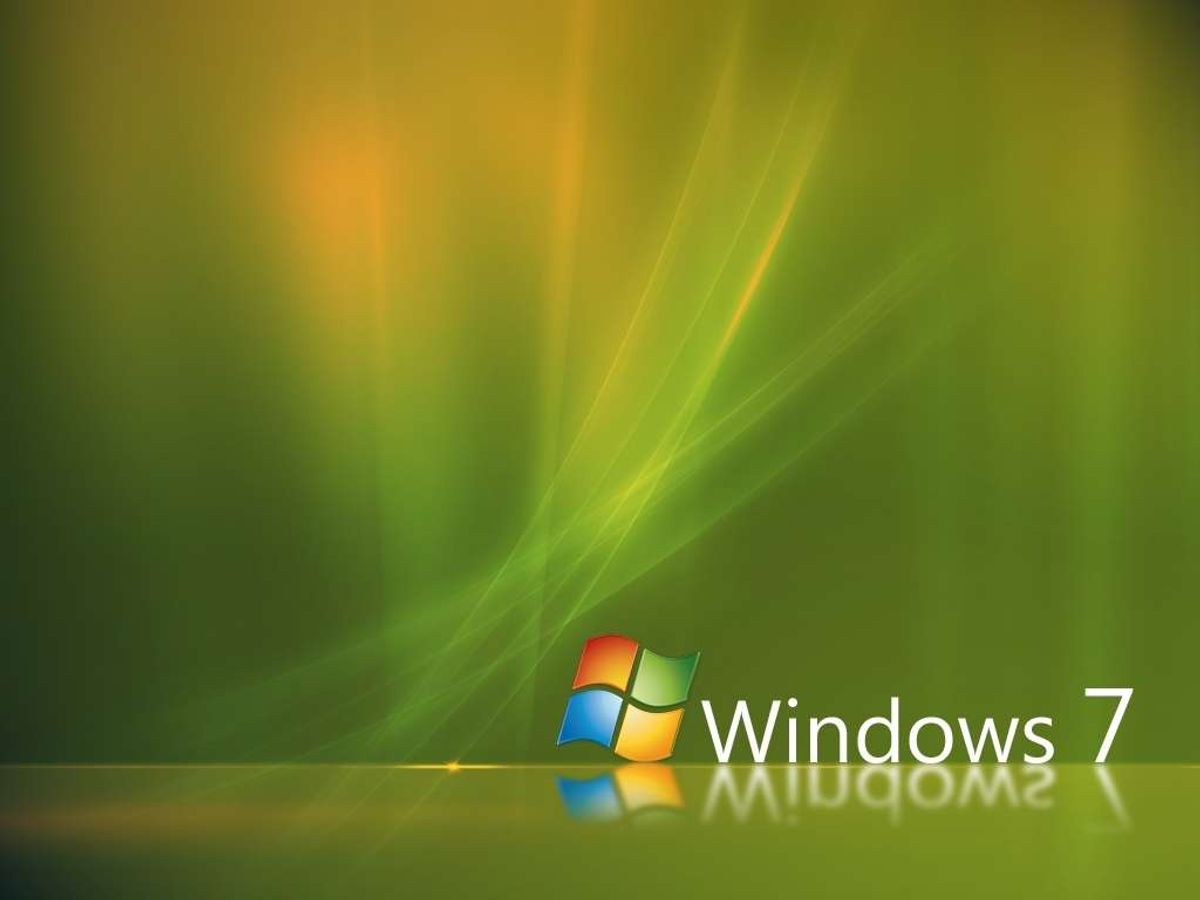By now, everyone who keeps an eye on the consumer electronics market is aware of the way Microsoft operates. It has been repeatedly taken to task by European and U.S. authorities for wielding its Windows operating system monopoly like a cudgel to prevent upstarts from horning in on its territory or as a battering ram for breaking into new arenas.
So when it was reported that Microsoft has expanded its licensing agreement with mobile processor designer ARM, industry analysts immediately began plotting out the software maker’s possible chess moves. How will Ballmer & Co. put itself in a position to reap more from the fact that wireless handset makers currently sell more than a billion of these devices a year? Though the Redmond, Wash., software behemoth is being tight lipped about how it plans to use the parts of the ARM instruction set to which it has just gained access, it is believed that the motive is to learn how to optimize software packages like Windows Phone 7 so that they run faster on chips that require less power and therefore offer longer battery life in devices designed to slip into one’s pocket. That makes a lot of sense, considering its upcoming launch of the Windows Phone 7 handset with AT&T as its primary service provider.
But if history is a reliable barometer, what Microsoft really covets is what it has enjoyed with desktop and laptop PCs: being the maker of go-to software that is so basic as to be indispensable. Imagine what it would be like for Microsoft to find itself in a monopoly position with respect to some element of the new smartphones, e-book readers, and competitors to Apple’s iPad tablet coming to market in the next few years. With that in mind, Microsoft would be hard pressed to remain a bit player in a market segment where fortunes are continually being minted. But one question remains: Will the company claim a niche because a newfound understanding of how ARM processors work will yield superior software, or will it default to strong arm tactics of the type that once had it on the brink of being broken up like AT&T?
Willie Jones is an associate editor at IEEE Spectrum. In addition to editing and planning daily coverage, he manages several of Spectrum's newsletters and contributes regularly to the monthly Big Picture section that appears in the print edition.



